While the saying “Money doesn’t buy happiness” is true, the importance of financial literacy in shaping the life you want to create cannot be overlooked. Regardless of the career paths that we choose, finances will invariably be a factor in many important life decisions. From planning for college, to buying a home, to saving for retirement, and all of the choices in between, the role of money cannot be overstated. Unfortunately, many extremely important financial life skills—such as learning how to budget, invest, use credit, and more—are lacking in many present-day high school curriculums throughout the nation, including Scarsdale. Reflecting on my educational journey thus far as a junior who is set to graduate in one year, I have only ever learned about personal finance for a mere few weeks in eighth grade. By adding a course addressing financial literacy to Scarsdale’s course selection, our school has the chance to make sure that we are all better prepared for our lives after we graduate.
The positive impact basic financial literacy has on an individual’s financial security is undeniable. According to the FINRA Investor Education Foundation’s “National Financial Capability Study” published in 2022, respondents with higher financial literacy scores were far more likely to make ends meet, spend less than their income, set aside three months’ worth of emergency funds, and open a retirement account. The deficiency in our nation’s financial education has surely contributed to the record-high $1.13 trillion total national credit card debt.
Our school is known to be one of the most academically rigorous in the country, fostering an environment in which students can challenge themselves with a plethora of difficult courses, but also one where they can get the help they need. The Scarsdale Public Schools’ mission statement is to “sponsor each student’s full development, enabling our youth to be effective and independent contributors in a democratic society and an interdependent world.” Generally, I believe that the school system has done a fantastic job of honoring this mission. However, there is a gaping hole in the curriculum in terms of preparing us students financially, which is key to being the “independent contributors” we hope to become.
Scarsdale High School recognizes this issue, as a new “Topics in Economics and Personal Finance” elective course was proposed by the administration to the Board of Education for the upcoming school year. During one of the bi-weekly meetings between the department chairs and building administrators at SHS, Mathematics Department Chair Maureen Ellison-Connolly and Social Studies Department Chair Jennifer Maxwell came up with the idea to create an interdisciplinary financial literacy course. When Maxwell went back to her department to check if they were interested in pursuing the class, the support was “pretty much unanimous,” according to Maxwell.
According to the 2024-2025 SHS Course Catalog, the semester-long course “aims to expose students to personal finance concepts and topics such as budgeting, taxes, basic investing, insurance, and debt management.”
Assistant Superintendent for Curriculum, Instruction, and Assessment Dr. Edgar McIntosh told me that reviewing new course proposals is one of his favorite parts of the job. He believed the new financial literacy course in particular has a lot of merit. “It’s multi-layered, it’s really interesting, and it’s really connected to the lives of students,” he explained. McIntosh went on to add that “there’s a real consensus that there’s value in preparing our students for the tricky financial world and giving them some real applicable skills moving forward so that they make good choices for themselves.”
There was a lot of confidence earlier in the year throughout the administration that the course would come to fruition for next year, marking the beginning of a hopefully large expansion of financial literacy education in our high school’s curriculum. However, the updated proposed school budget, released on March 18 to the public, specifically rejects the aforementioned course.
Per the 2024-2025 School Budget Letter to Community, the proposed budget cuts various programs and halts the progress of new initiatives due to budget concerns. The proposed budget already increases the current year budget by 3.96% and increases the tax levy by 4.39%. The Board did not want to increase the budget further due to its fiduciary responsibility to ensure low taxes, according to the letter. The budget has increased despite these strict limits largely due to growth in programs serving students, such as special education, and increases in the costs of goods and services. The budget plan reflects a reduction in expenditures by around $2 million. $1 million was cut during the March 4th budget meeting, while the other $1 million was cut during the March 11th budget meeting, partly through the “deferral” of the financial literacy class.
The Board of Education’s plan, however, is just that: a plan. The Board is very receptive to public opinion, and they truly care about doing what is in the best interest of the Scarsdale community. Because of this, community members have the opportunity to share their views at the Budget Forum on Monday, March 25th, at 6:30 PM. You can also send a letter to the Board of Education and Superintendent before March 25th to express your opinion at [email protected].
This meeting will help the Board adjust its proposal before publishing the final plan on April 8th and in advance of the May 21st public vote. Therefore, it is crucial that Scarsdale community members, both adults and students, express their views to the Board in order to form a budget that optimizes funds without causing too much of a tax burden.
This discussion is happening here in Scarsdale at a time when financial literacy education has become a hot topic, as there are now multiple active bills in both the New York State Senate and the New York State Assembly that would mandate a financial literacy course in every high school as a graduation requirement. This type of bill is long overdue. After all, New York is the financial capital of the world, so how can our students graduate high school without understanding how to use a credit card?
Scarsdale has the opportunity to set a precedent by leading the way and creating its own program. As one of the top schools in the state, we have a responsibility to lead and set an example for what other schools should teach. Right now, that means creating a financial literacy course, despite the budget effects.
Financial literacy is crucial to future success and has been long overlooked in Scarsdale. The time to change that is now. Sign this petition to support the new elective course at Scarsdale High School
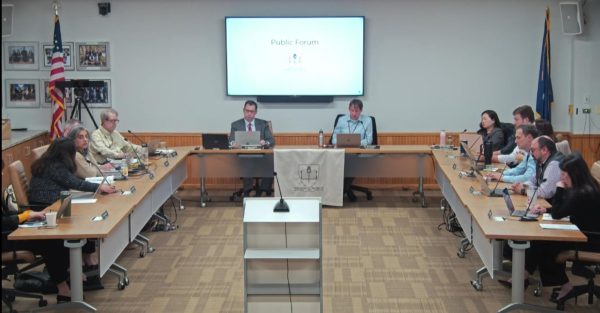



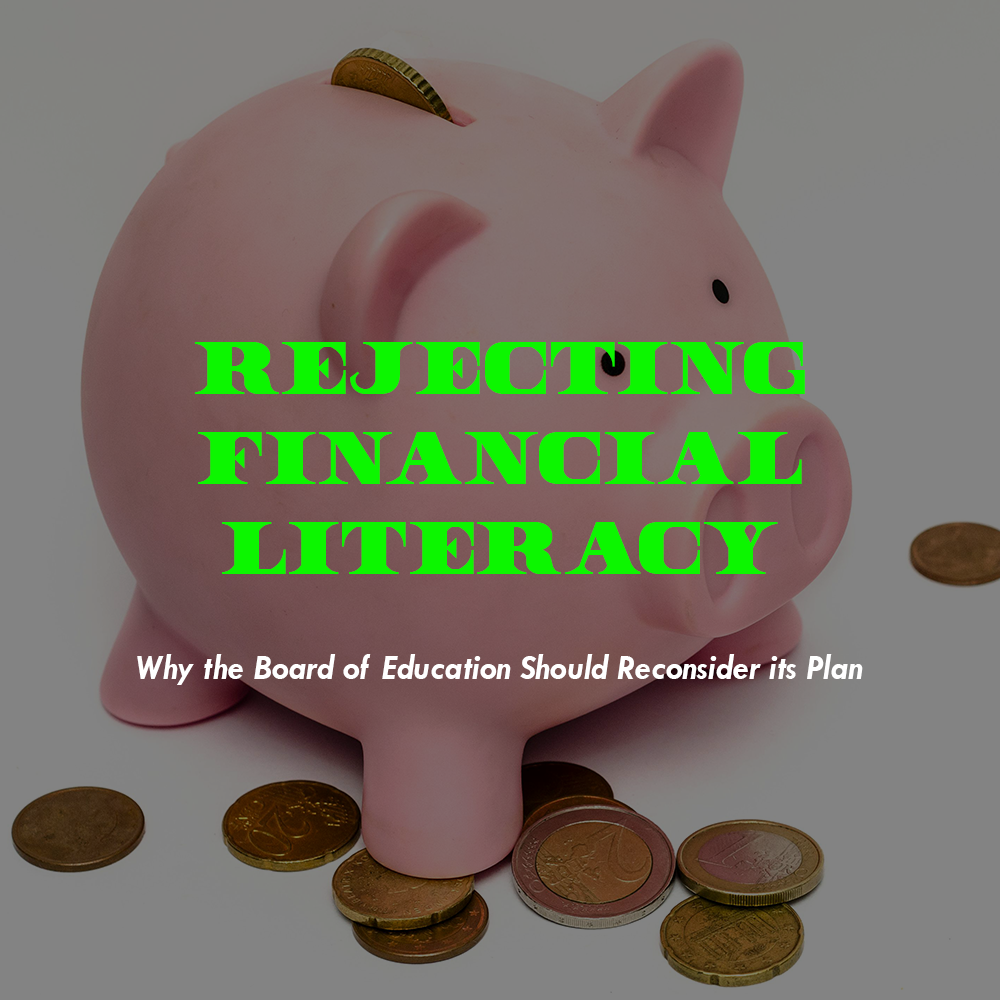







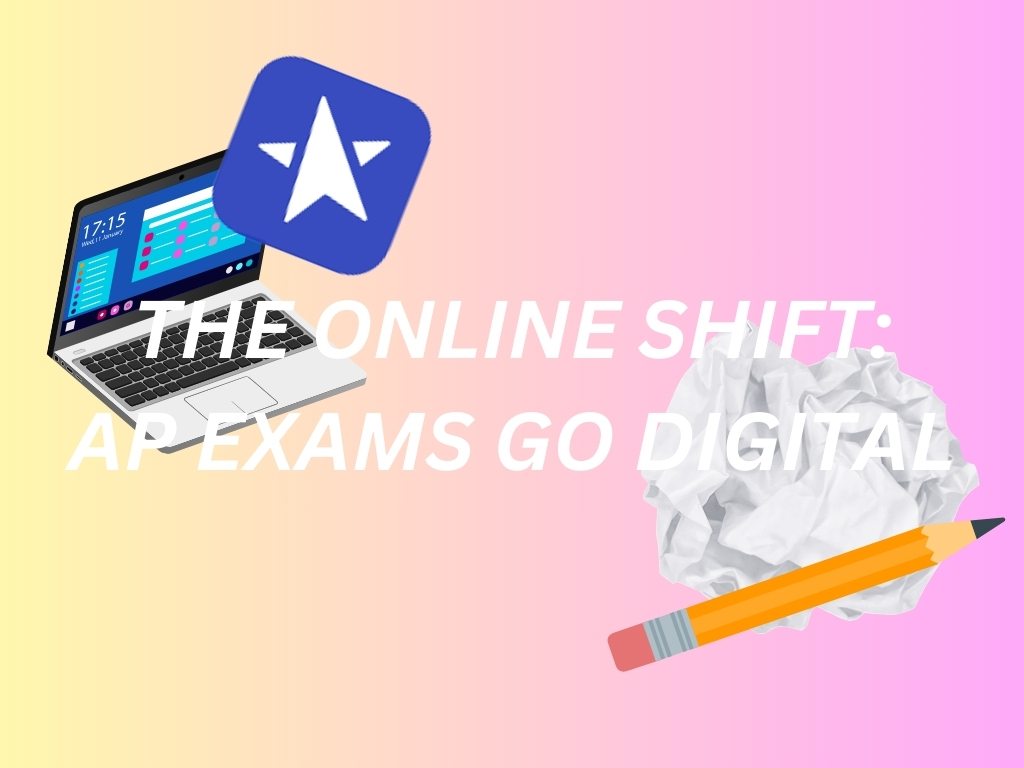
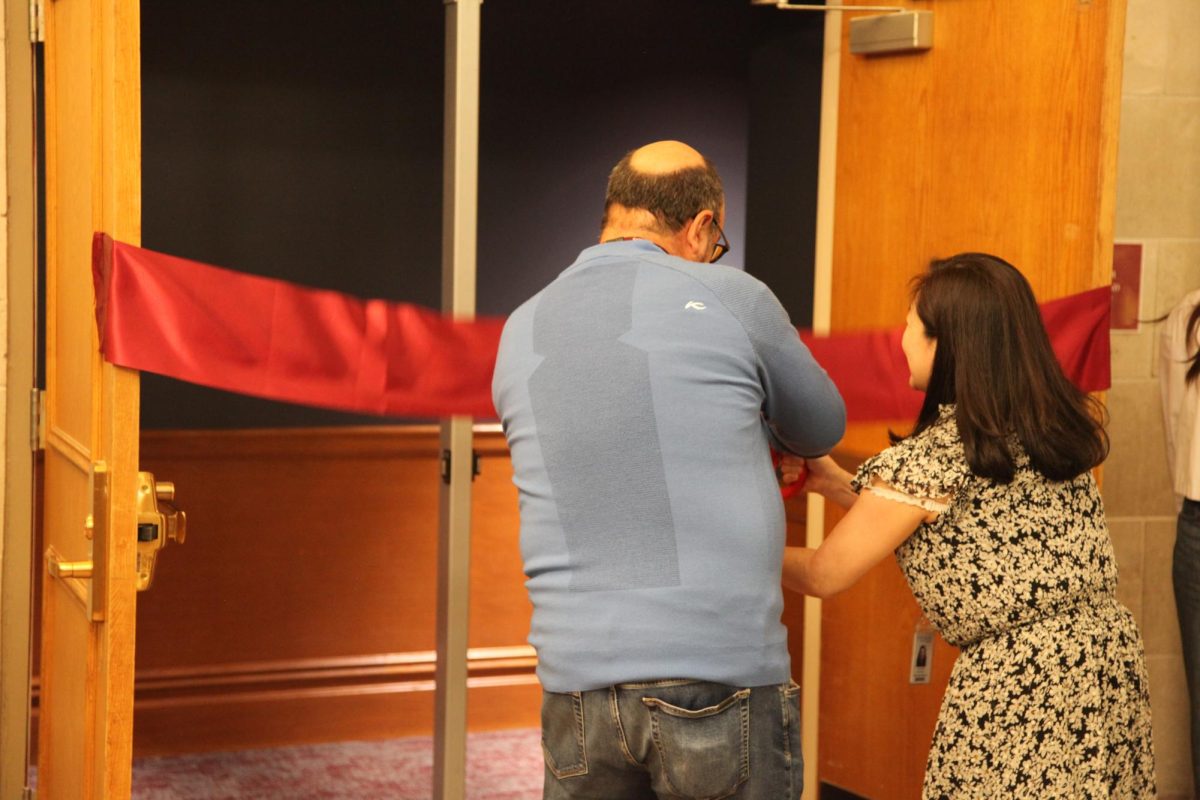

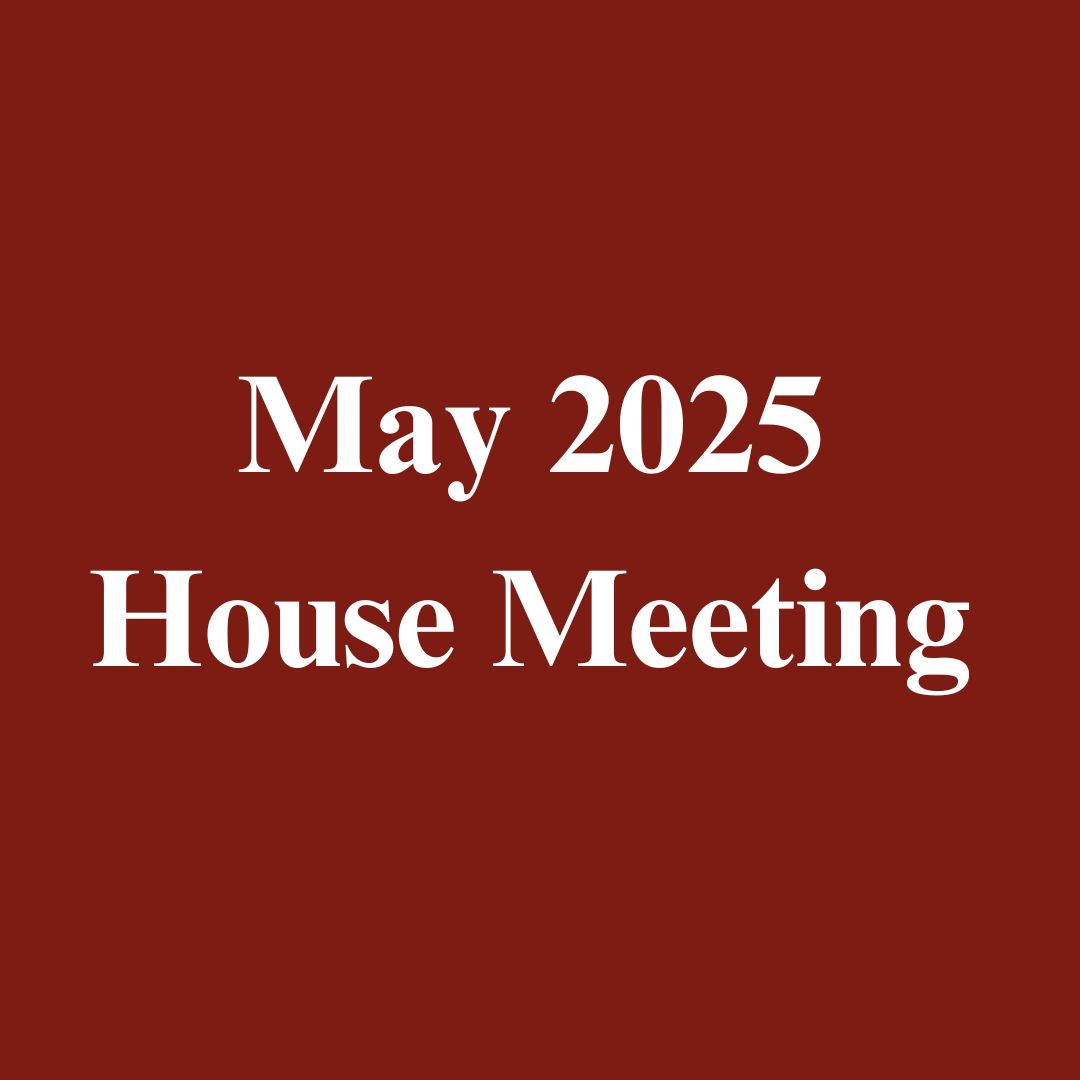

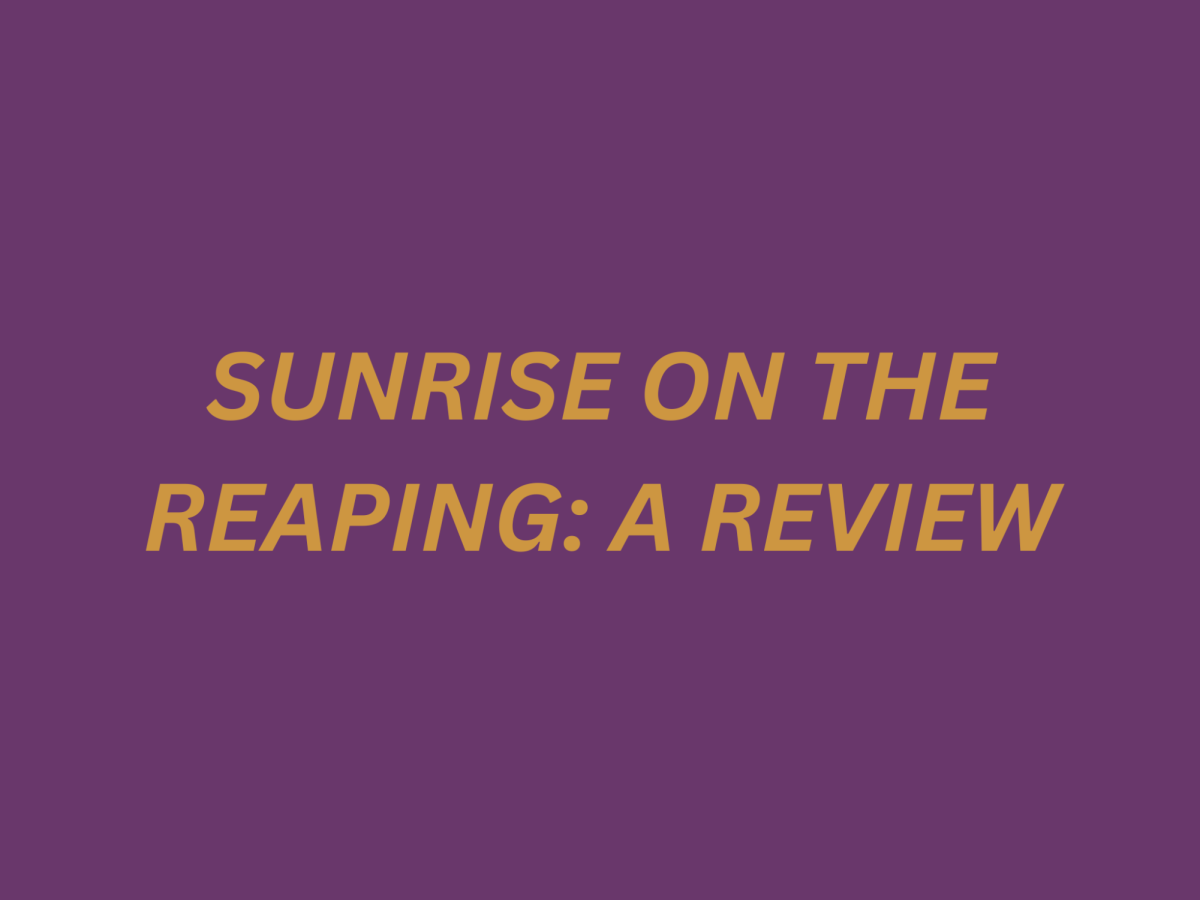



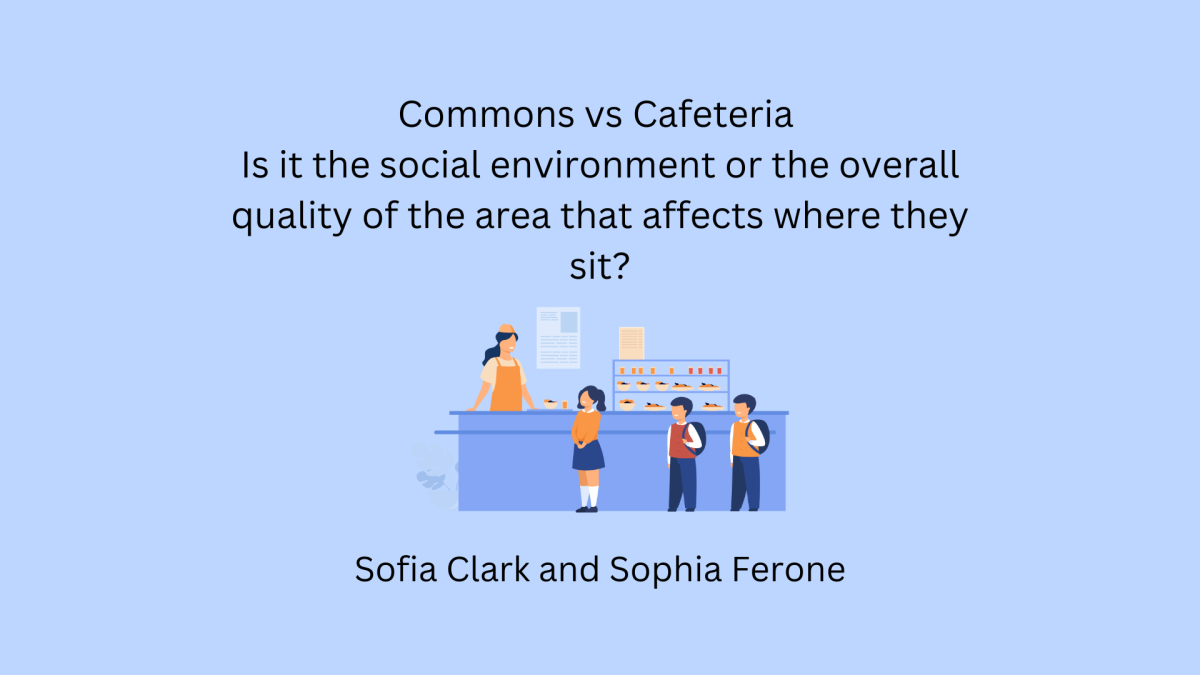

Michael Gibbs • Mar 21, 2024 at 10:32 am
Thank you so much for your thoughts about the Financial Literacy course Matan. I am sitting in for Dean Laera while she is out on maternity leave, and had a surprisingly large number of students requesting this course, which appealed to students across the spectrum. Students were excited to learn pragmatic skills, and I was excited by the prospect of an academic course which offered students a heterogeneous setting to exchange ideas and learn important life skills. I hope your article and the petition will allow the Board to look again at the possibility of offering this rich opportunity to our Scarsdale High School community.
Sincerely,
Dean Michael Gibbs
Natassja Linzau • Jun 22, 2024 at 12:35 pm
Thank you Matan for this fantastic article! I hope you get the funding for this important course! Wishing you the best of luck!!
Michael, hello! This is Natassja Linzau (nee Olsen). Do you remember me from Alta High School? I was hoping to reconnect and could not find you anywhere on Facebook or LinkedIn but then I found these articles about you at Scarsdale High School. I’m happy to see that you spent your career as a counselor and I’m sure you were an excellent one! Let me know if you’re up for a chat sometime. Thank you, Natassja